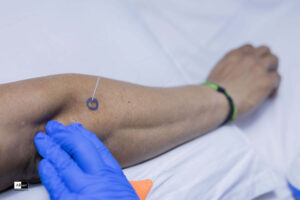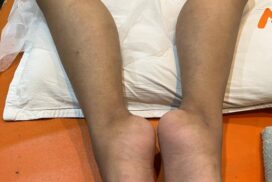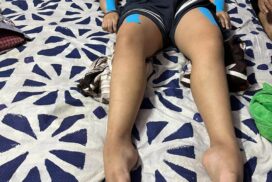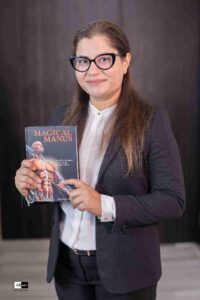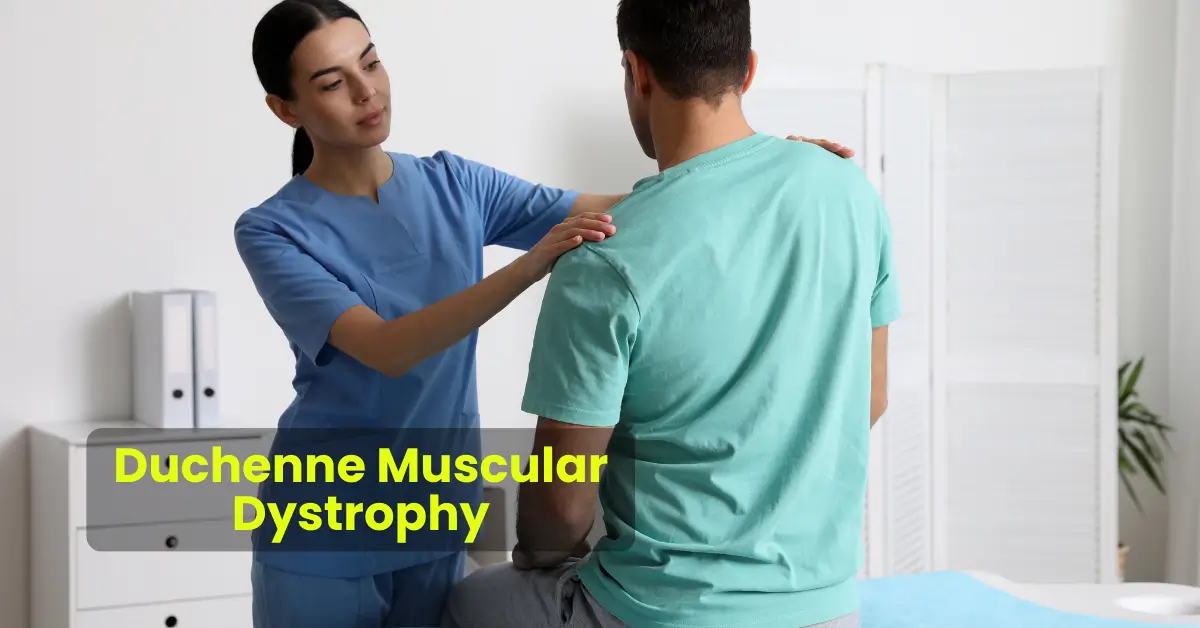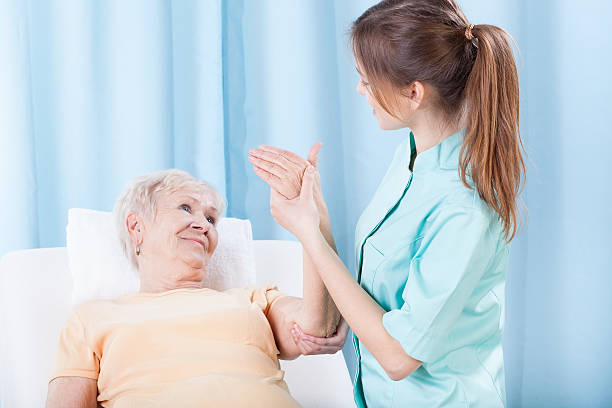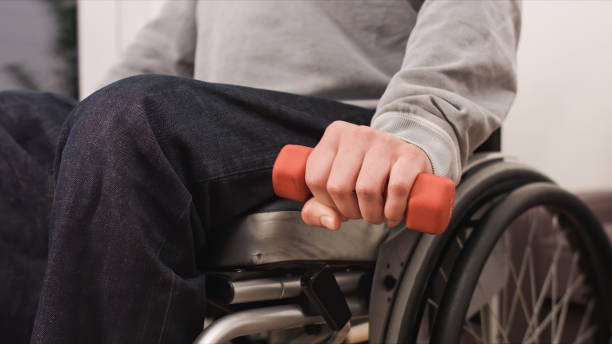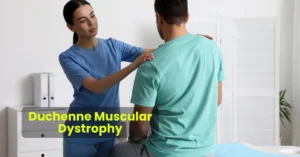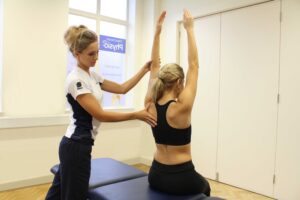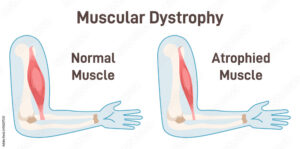What make us Special ?
Instructor: Dr. Chakshu Bansal the founder of Arunalalya Physiotherapy and Sports Rehab Center, she is the only Instructor of Advanced Manual Therapy KKMT. She has treated major personalities and treated Delhi Commissioner, CM Himachal Pradesh, Wife of CM Telangana, Former Health Secretary of India. Ph.D. (USA), Master in Physiotherapy (Musculoskeletal), Certified Dry Needling Practitioner and Instructor (South Africa), Certified Manual Therapist, Certified Taping Master Trainer (Canada), Certified Pilates Instructor, Certified Manual Therapist, Certified EMG-NCV therapist (USA), Certified Sport sector trainer(Govt. of India), Academic head & Instructor (KKMT ASIA), Developer Tapedia – Encylopedia certified taping.
In addition to possessing all the requisite qualifications, she holds three world records in the field and is the author of six internationally recognized books including Magical Manus (book on Soft Tissue Manual Therapy) and A Practical Guide on KKMT (book on 3D Manual Therapy).

